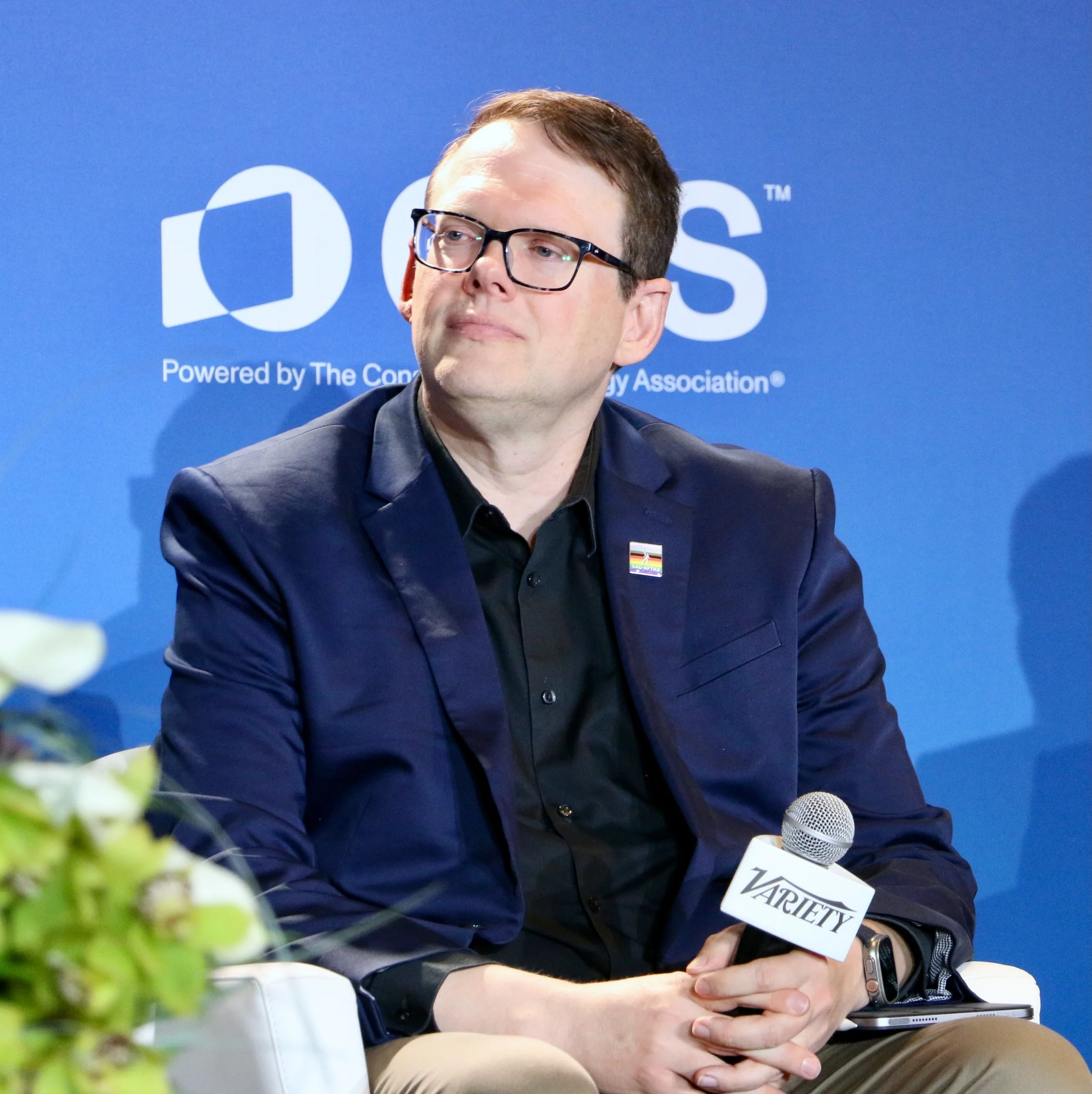Hollywood Labor Leaders Address AI Challenges and Call for Unity at CES
Hollywood labor leaders at CES discussed strategies to address AI’s impact on creative industries, emphasizing transparency, negotiation, and solidarity to protect workers from potential displacement and exploitation.
By Xuthoria - Own work, CC BY-SA 4.0, https://commons.wikimedia.org/w/index.php?curid=157694670
At the recent Labor Innovation & Technology Summit during CES, Hollywood labor leaders took to the stage to address one of the industry’s most pressing concerns: the rise of artificial intelligence and its impact on creative professionals. The panel, titled “Negotiating AI Contracts: How Unions Can Advance AI Protections Across Sectors,” highlighted the importance of collaboration, transparency, and vigilance as unions grapple with the evolving technology.
Linda Powell, EVP of SAG-AFTRA and moderator of the session, articulated the shared apprehension in the room: “The fear of replacement is very real at this moment.” This sentiment reflects the growing anxiety among actors, writers, and directors about AI’s potential to reshape creative industries and dilute the value of human labor.
Duncan Crabtree-Ireland, SAG-AFTRA’s National Executive Director and Chief Negotiator, underscored the strategic significance of discussing AI at CES, a major showcase for technological innovation. Reflecting on past trends like NFTs, he noted how industry leaders have learned to focus their resources and energy wisely. “Complete transparency” is essential, Crabtree-Ireland said, pointing to a recent instance where SAG-AFTRA published the final version of a contract online to ensure accountability.
Crabtree-Ireland also acknowledged the inevitability of technological advancements, emphasizing the need to harness unions’ collective power to negotiate rather than resist. “We don’t have the choice of stopping the technology from happening,” he said, comparing AI’s rise to earlier disruptions like electricity and the internet.
AI protections became a critical bargaining point for actors and writers in 2023, sparked by the widespread use of generative AI tools like OpenAI’s ChatGPT. Concerns range from intellectual property being used to train AI models to risks involving privacy and identity theft. Labor leaders are already strategizing for upcoming negotiations, as the next round of contract talks looms on the horizon.
Sam Wheeler, Executive Director of the Writers Guild of America East, brought a personal perspective to the discussion. Recalling a past experience in a ballet union, he described how underestimating AI’s potential backfired when members discovered their work had been used to train AI models. This incident, he said, reinforced the importance of staying attuned to members’ fears and perspectives. “We can’t negotiate contracts on autopilot,” Wheeler cautioned.
Directors Guild of America Executive Director Russell Hollander highlighted the mixed feelings about AI within the industry. While some, like filmmakers Jon Favreau and Robert Zemeckis, see creative potential in AI, others remain skeptical. To address these concerns, Hollander emphasized the role of consultation rights in collective bargaining agreements, ensuring directors retain input on AI’s use in their work.
Crabtree-Ireland elicited applause when he critiqued studios’ and streamers’ appeals for trust regarding AI. “If you say we should trust you, why don’t you want to put that in writing?” he asked, drawing attention to the power of public accountability. He cited the success of unions publicly calling out AI missteps by studios as an effective negotiation tactic.
Solidarity was another focal point of the discussion. Powell and other panelists emphasized how unions can work together to identify common priorities and strengthen their positions at the bargaining table. Hollander stressed the importance of sustained collaboration, saying, “Solidarity doesn’t begin when negotiations fail. Solidarity is something you have to work on every single day.”
Crabtree-Ireland reflected on how the pandemic had fostered deeper connections among industry unions. He acknowledged the imperfections but praised the progress, noting that even when the DGA reached a deal before SAG-AFTRA and the WGA, they stood in support on the picket lines. “The type of communication and collaboration that we have has served our members well,” he said.
As Hollywood grapples with the rapid evolution of AI, the panelists’ message was clear: transparency, vigilance, and unity are the keys to ensuring that technology enhances rather than undermines the creative community.

